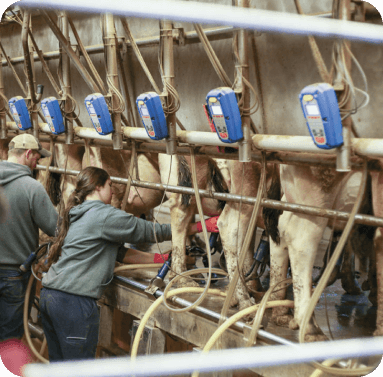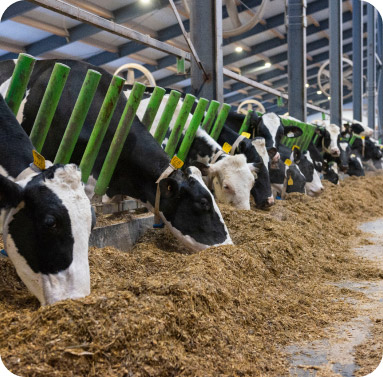Synergistic Feed Strategy to Prevent E. coli
Infections in Poultry
The poultry industry faces a significant threat from Escherichia coli, a pathogen capable of inducing a systemic infection called colibacillosis, which can lead to significant economic and performance losses at all levels:
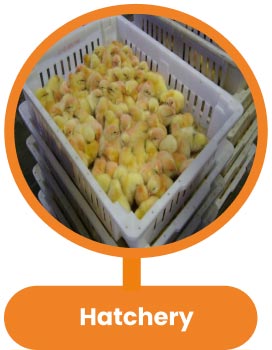
Contaminated eggs
- Lower hatchability
- Egg explosion
- Early chick contamination
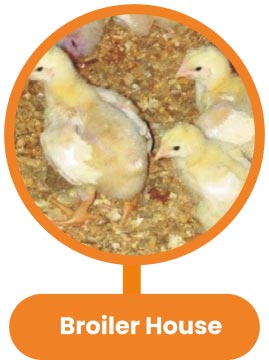
Higher mortality and reduced growth performance
- Omphalitis Polyserositis
- Diarrhea
- Dehydration
- Loss of appetite
- Septicemia
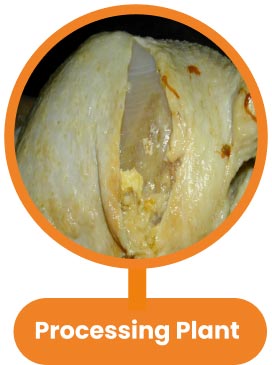
Carcass condemnation
- Airsacculitis
- Cellulitis
- Septicemia
- Cachexia
Addressing this requires a multi faceted approach, combining rigorous management practices with innovative nutritional strategies. The key is to reduce and eliminate predisposing factors that contribute to the on-set and proliferation of E. coli infections.
Biosecurity and Management Measures:
Stringent biosecurity measures are fundamental and include thorough cleaning and disinfection protocols, optimal waterquality, and good chick quality from the outset. It is crucial to avoid conditions such as inadequate air humidity, short downtime, high stocking density, heat stress and exposure to mycotoxins. While antibiotics were acommon practice, they can lead to antimicrobial resistance, and now face consumer and government restrictions. Finding alternative solutions to AGP is key.
Nutritional Strategy
Early feeding practices and the use of high-quality raw material are part of the foundation for a healthy flock. Low-protein diets and the inclusion of additives aimed at bolstering gut health are increasingly favored. Additives such as organic acids, essential oils, enzymes, biofactors, antioxidants, minerals, and probiotics offer a suite of benefits that can enhance the bird’s natural defenses.
Among the promising solutions is the combined use of protease and xylanase enzymes with a blend of organic acids and essential oils.
Jefo Protease is a multicomponent protease that enhances protein digestion, improving gut health by ensuring the integrity of the villi structure, reducing undigested proteins available for pathogens and minimizing toxic metabolites. This prevents the translocation of E. coli to extra intestinal organs and mitigates intestinal inflammation.
Jefo Xylanase, on the other hand, produces arabinoxylan-oligosaccharides (AXOS), which beneficially modulates the poultry microbiota. These prebiotic components are used by beneficial bacteria forgrowth, thereby exerting a prebiotic effect and reducing the pressure frompathogens such as E. coli, Campylobacter, Salmonella and Clostridiumperfringens.
Jefo Protected Organic Acids and Essential Oils acts directly against E. coli toreduce its proliferation, modulates the intestinal microbiota more effectively,reduces intestinal permeability, and prevents the spread of E. coli to extra intestinal organs. Additionally, it attenuates intestinal inflammation andmodulates the inflammatory and immune responses, thus contributing to overall intestinal health.
Conclusion
In conclusion, the battle against E. coli in poultry is best fought with an integrative strategy that combines optimal farm management and biosecurity with advanced nutritional interventions to ensure the health and productivity of poultry operations.
your rep
to call you
back

